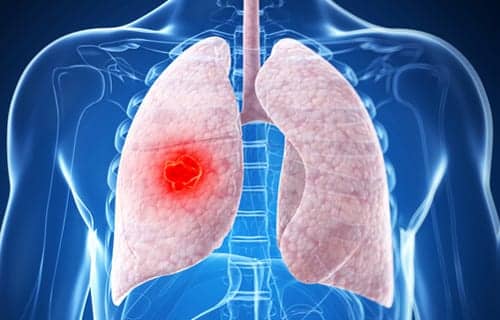The FDA has approved Iressa (gefitinib, Astrazeneca) for the first-line treatment of patients with metastatic non-small cell lung cancer (NSCLC) whose tumors harbor specific types of epidermal growth factor receptor (EGFR) gene mutations, as detected by an FDA-approved test.
Iressa is a kinase inhibitor that blocks proteins that promote the development of cancerous cells with certain EGFR mutations. It is intended for the treatment of patients whose tumors express the most common types of EGFR mutations in NSCLC (exon 19 deletions or exon 21 L858R substitution gene mutations).
In addition, the therascreen EGFR RGQ PCR Kit (manufactured by QIAGEN Manchester Ltd, based in the UK) was approved as a companion diagnostic test to identify patients with tumors having the EGFR gene mutations in order to determine which patients would be appropriate for treatment with Iressa.
Iressa originally received accelerated approval in 2003 for the treatment of patients with advanced NSCLC after progression on platinum doublet chemotherapy and docetaxel. Iressa was voluntarily withdrawn from the market after subsequent confirmatory trials failed to verify clinical benefit. This current approval is for a different patient population (EGFR mutation-positive, previously untreated) than the 2003 approval.
“Iressa offers another effective first-line therapy option for selected lung cancer patients. This approval provides further support for a highly targeted approach to treating cancer,” said Richard Pazdur, MD, director of the Office of Hematology and Oncology Products in the FDA’s Center for Drug Evaluation and Research.
Iressa may cause serious side effects including interstitial lung disease, liver damage, gastrointestinal perforation, severe diarrhea and ocular disorders. The most common side effects of Iressa are diarrhea and skin reactions (including rash, acne, dry skin and pruritus, or itching).
More information is available on the FDA website.










